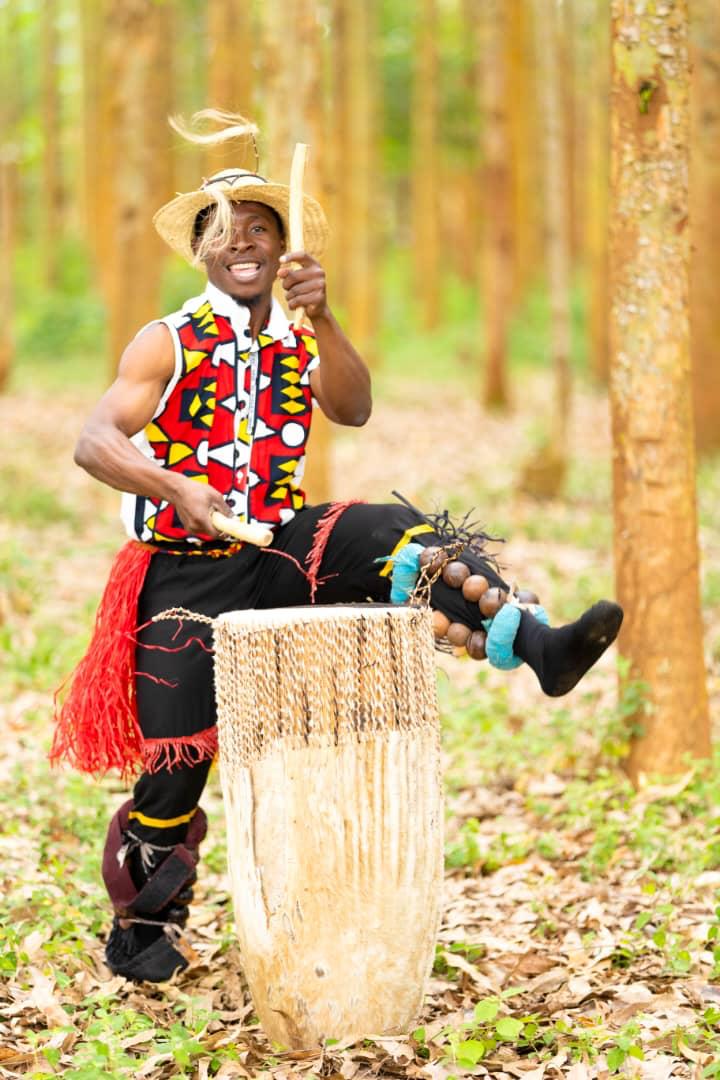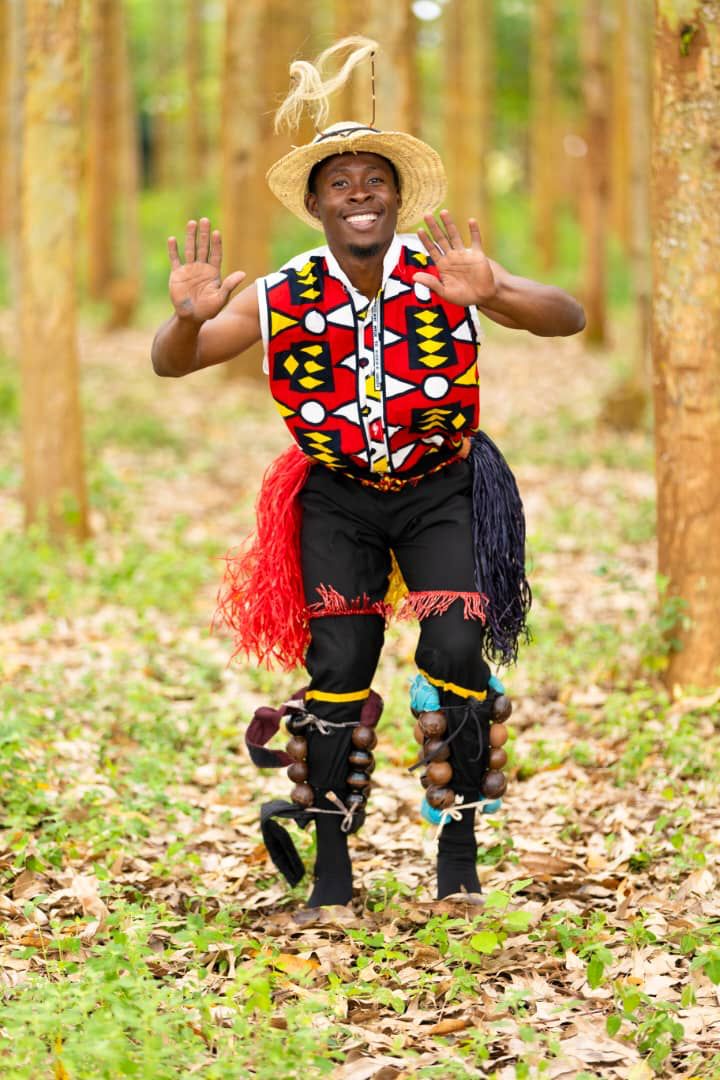Music has always been one of humanity's most powerful tools for preserving and sharing cultural narratives. At Ubuntu Rhythm Fusion Foundation, we've witnessed firsthand how melodies and rhythms can transcend language barriers and connect people across generations and continents.
The Universal Language of Music
When we speak of music as a universal language, we're acknowledging its unique ability to communicate emotions, stories, and cultural values without relying on words. In our performances and workshops, we've seen how a traditional drum pattern or a particular melodic phrase can instantly transport listeners to another time and place, creating an immediate connection to cultural heritage.

Our master drummers often explain that within each rhythm lies a story—a narrative about ancestors, natural phenomena, or historical events. These musical stories have been passed down through generations, preserving cultural knowledge in a form that engages both the mind and body.
Preserving Oral Traditions Through Song
In many African traditions, music serves as an oral library, storing and transmitting knowledge that might otherwise be lost. Songs contain historical accounts, genealogies, proverbs, and cultural wisdom. When these songs are performed, they don't just entertain—they educate and preserve collective memory.
During our Cultural Exchange Program workshops, we introduce participants to traditional songs that tell stories of creation, migration, triumph, and everyday life. By learning these songs, participants don't just memorize melodies—they absorb cultural narratives and values.
"When an elder dies, a library burns." This African proverb reminds us of the importance of preserving oral traditions. Music gives these traditions wings, allowing them to travel across time and space.
Innovation While Honoring Tradition
At Ubuntu Rhythm Fusion, we believe in honoring traditional musical forms while embracing innovation. Our contemporary compositions draw from ancestral rhythms and melodies but speak to modern experiences. This approach ensures that cultural storytelling through music remains relevant and engaging for new generations.
In our Talent Mentorship Program, young musicians learn both traditional techniques and contemporary applications. They're encouraged to find their own voice while respecting the cultural foundations of their art.
Music as Cultural Diplomacy
Our international performances have demonstrated music's power as a form of cultural diplomacy. When audiences experience the rhythms, harmonies, and energy of our performances, they connect with African cultural expressions in a direct, emotional way that transcends stereotypes and preconceptions.
This musical exchange creates space for deeper cross-cultural understanding and appreciation. It reminds us that despite our differences, we share fundamental human experiences that can be expressed and understood through music.
Looking Forward: Digital Preservation
As we look to the future, we're exploring ways to use digital technology to preserve and share musical traditions. Our upcoming digital archive project will document traditional songs, rhythms, and their cultural contexts, creating a resource for future generations of artists and cultural enthusiasts.
We're also developing interactive educational resources that use music as an entry point for exploring cultural heritage, making these traditions accessible to global audiences while respecting their origins and significance.
Join the Conversation
We invite you to experience the power of music in cultural storytelling firsthand by attending our performances, participating in our workshops, or supporting our educational initiatives. Together, we can ensure that these musical traditions continue to resonate and inspire for generations to come.

